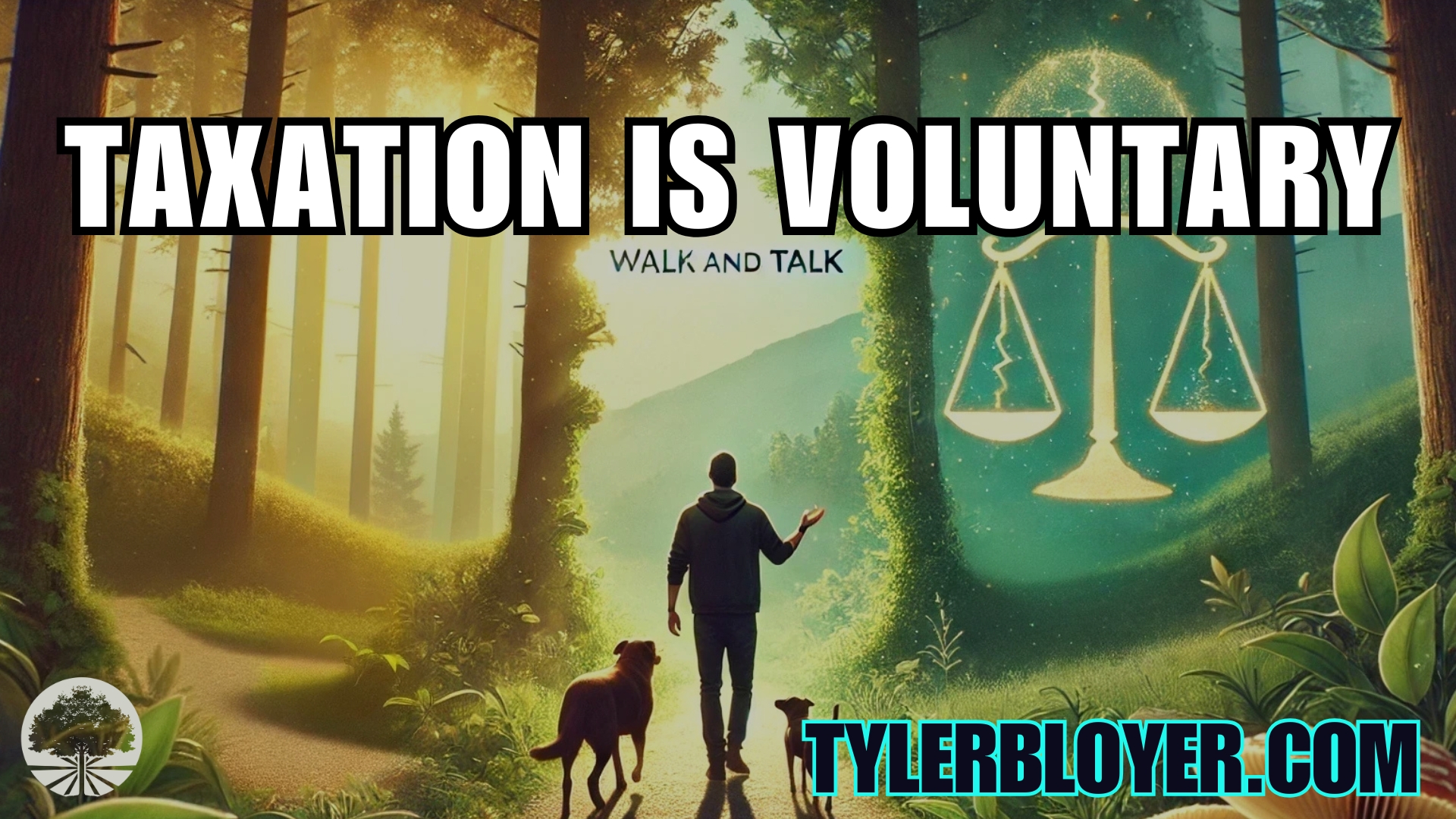What are Your Principles?
Podcast: Play in new window | Download
Subscribe to Audio version: Apple Podcasts | Spotify | Amazon Music | Android | iHeartRadio | Podcast Index | TuneIn | Deezer | RSS | More
Watch Video on: | Bitchute | LBRY | YouTube |
What are your principles? Simple enough question, isn’t it?
I’ll include an excerpt here from the Infogalactic page on Principle:
Principle
A principle is a law or rule that has to be, or usually is to be followed, or can be desirably followed, or is an inevitable consequence of something, such as the laws observed in nature or the way that a system is constructed. The principles of such a system are understood by its users as the essential characteristics of the system, or reflecting system’s designed purpose, and the effective operation or use of which would be impossible if any one of the principles was to be ignored….
Examples of principles are descriptive comprehensive and fundamental law, doctrine, or assumption, the normative rule or code of conduct, and the law or fact of nature underlying the working of an artificial device.
As cause The principle of any effect is the cause that produces it.
Depending on the way the cause is understood, the basic law governing that cause may acquire some distinction in its expression.
Below we can find the Websters 1828 definition of Principle:
Principle
1. In a general sense, the cause, source or origin of any thing; that from which a thing proceeds; as the principle of motion; the principles of action.
PRIN’CIPLE, noun [Latin principium, beginning.]
2. Element; constituent part; primordial substance.
Modern philosophers suppose matter to be one simple principle or solid extension diversified by its various shapes.
3. Being that produces any thing; operative cause.
The soul of man is an active principle
4. In science, a truth admitted either without proof, or considered as having been before proved. In the former sense, it is synonymous with axiom; in the latter, with the phrase, established principle
5. Ground; foundation; that which supports an assertion, an action, or a series of actions or of reasoning. On what principle can this be affirmed or denied? He justifies his proceedings on the principle of expedience or necessity. He reasons on sound principles.
6. A general truth; a law comprehending many subordinate truths; as the principles of morality, of law, of government, etc.
7. Tenet; that which is believed, whether truth or not, but which serves as a rule of action or the basis of a system; as the principles of the Stoics, or of the Epicureans.
8. A principle of human nature, is a law of action in human beings; a constitutional propensity common to the human species. Thus it is a principle of human nature to resent injuries and repel insults.
PRIN’CIPLE, verb transitive To establish or fix in tenets; to impress with any tenet, good or ill; chiefly used in the participle.
Men have been principled with an opinion, that they must not consult reason in things of religion.
1. To establish firmly in the mind.
When we define a principle in which we wish to align our behavior and thus live according to the ethics deduced using logic and reason to explain or predict causality in regards to the principle discovered, there may be contradictions that are possible to ignore or explain away. However, if we are also incorporating the classic law of noncontradiction, it becomes evident when analyzing our own behavior or the behavior of others that it’s not so easy to explain away the glaringly obvious contradictions on many forms of ones proposed ethical philosophy.
Below, you can find a recording of Derrick Broze reading Chapter 2 from the Holistic Self-Assessment on Principles.
Resources:
- Definition of Principles:
- The Holistic Self-Assessment
- The Holistic Self-Assessment, Chapter 2: Principles
- Falling Into Movement Traps

To subscribe to email updates please enter your email address in the form below:






